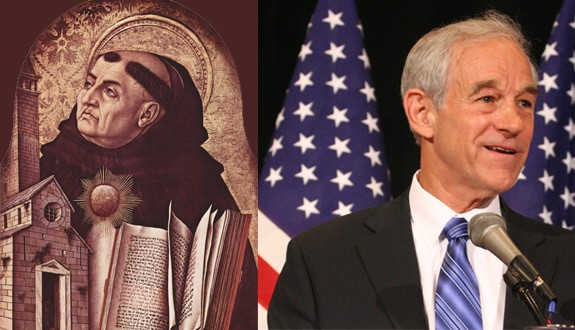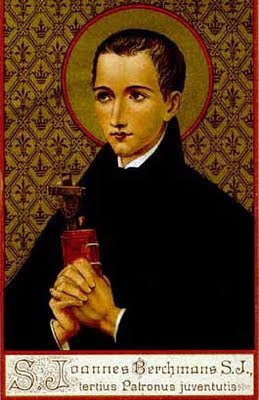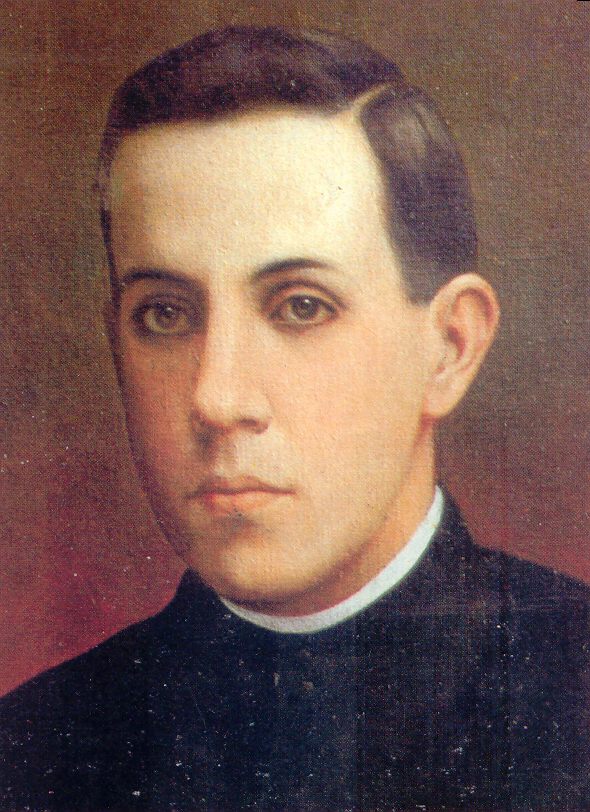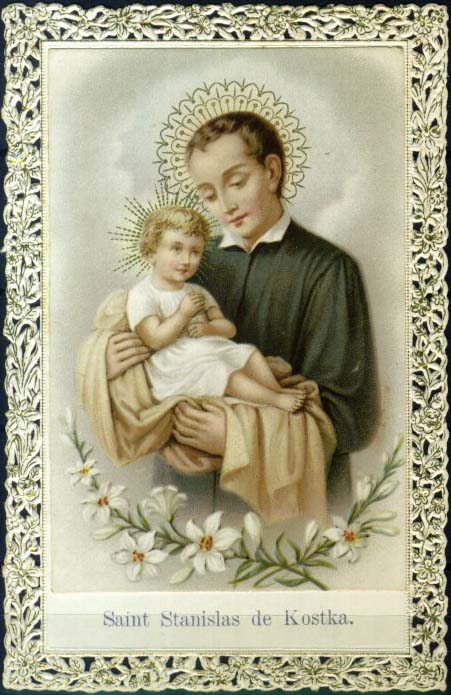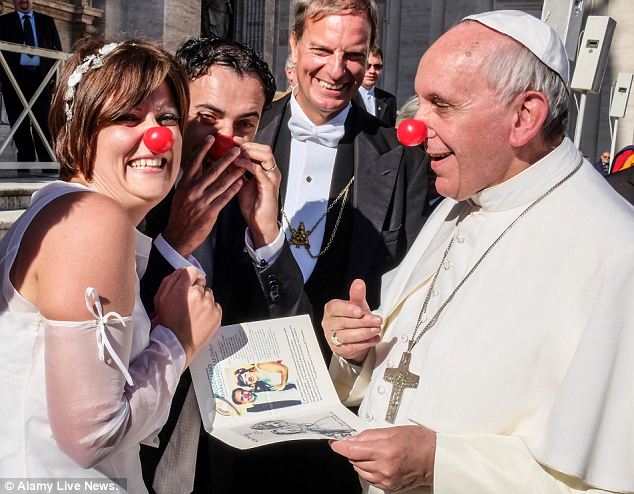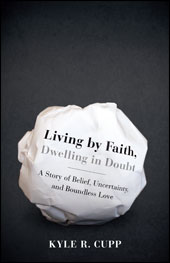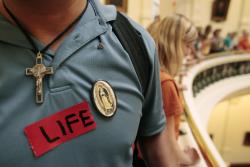When I was in high school, I had an after-school and summer job delivering medical supplies to infirmaries and clinics in department stores, ships and office buildings in New York City.
Over time, I got to know many of the receptionists at those places. Lugging boxes around ‘the concrete jungle’ as I went from place to place in New York’s hot, humid summer made the air conditioned reception areas of office buildings attractive places for a short break.
One summer day, a receptionist at the headquarters of an insurance company asked what my plans for the future were. I told her that I was entering a seminary at the end of the summer holiday.
With a shocked expression on her face, she said, “but you’re normal! Why would you do something like that?”
There are people who think there is something abnormal about priests. Some think we are ignorant, crazy and possibly dangerous fanatics. The sexual abuse of children by bishops and priests and its cover-up have given them good reasons to think that way. Usually, they have never actually met and talked with any of us. So long as those people are not aggressively ill-mannered, I generally find their attitude no more than mildly annoying, sometimes embarrassing and often even amusing. A bit of conversation, perhaps over a drink, is enough to get them to admit that there might be at least one exception to their rule.
The people with whom I have no patience are those who think clergy are abnormal because they are somehow or other superhuman beings with special access to God, possessing special wisdom and power and deserving special treatment. Among those who think this way are too many clergy.
I once saw a book for seminarians that warned against frequent contact with lay folk lest they realize that “priest eggs” (as they are sometimes called in Japan), are normal human beings. Clergy often receive special treatment, more often than not the sort of treatment one might give an imbecile demigod who is semi-divine, but incapable of handling the normal demands of life – like picking up a restaurant check.
Too many of the objects of special treatment rather like life on a pedestal. Some expect such treatment. There are many who shape their lives around being ever ready to receive it. I’ve even met a few sorry cases who became priests in order to have a place upon the pedestal.
There are others (the majority, I hope, but sometimes I wonder) who try to climb down from the pedestal upon which others put them. But people try to shove them back. Why is that? Why do so many people want their clergy to be specially treated and insulated from life? Is it a bribe?
If so, what do people gain by their deference, their special treatment toward religious leaders? In bribing the preachers, do they unconsciously hope to bribe God? Are they looking for some sort of payback from God? Does treating clergy as children allow people to not take them seriously? Perhaps they are hoping that by putting preachers outside the responsibilities of everyday life, they can keep them from applying the Word of God to those situations of everyday life where they would rather not have to hear what God expects of us.
Does it matter? Yes, it does, because in addition to the sacraments, clergy do have something important to offer the Church in its mission to the world: guidance, education, example. Giving example is not unique to them, of course – every Christian is an example of how to live as a disciple of Christ – but by being publicly recognized representatives of the community, the clergy are in a position to attract attention from those who want or need to see the servant Church in action. But, how can someone who acts or is treated as nobility show what it is to be a servant? How can someone treated as an incompetent instruct?
So, what shall we do? We can probably do little about clerical careerists who likely have purple piping on their bathrobes and gold cufflinks on their pajamas. Settling for the material and emotional “perks” of ministry and missing out on the spiritual excitement and rewards of real service is their self-inflicted punishment.
We can, however, see what we do to perpetuate the semi-deification of the clergy. For starters, imagine asking a bishop, priest or deacon to help wash the dishes. If the thought startles you, ask why it does and if it should.
Cardinal Luis Antonio Tagle, archbishop of Manila, recently told ucanews.com that he was surprised that the media is making a fuss about an interview with Pope Francis “that looks very normal”. The cardinal may have missed the point that normalcy from a pope (as from Cardinal Tagle, himself reportedly a refreshingly normal man) is newsworthy. We have a pope who probably need not be asked to help with the dishes because he would volunteer to do them.
The unseemly spectacle of hypocritical bishops and priests around the world falling over themselves to praise the new pope’s normalcy when only months ago they sang equally loud paeans to a monarchical papacy and hierarchy is actually a cause for some hope. Whether it be pandering or real conversion, we may be able to expect to see clergy in the kitchen who never before knew where it was. They may find that they like having soapy hands.
And then they will be better able to lead us into the dirty places of our world to bring the cleansing Word.


